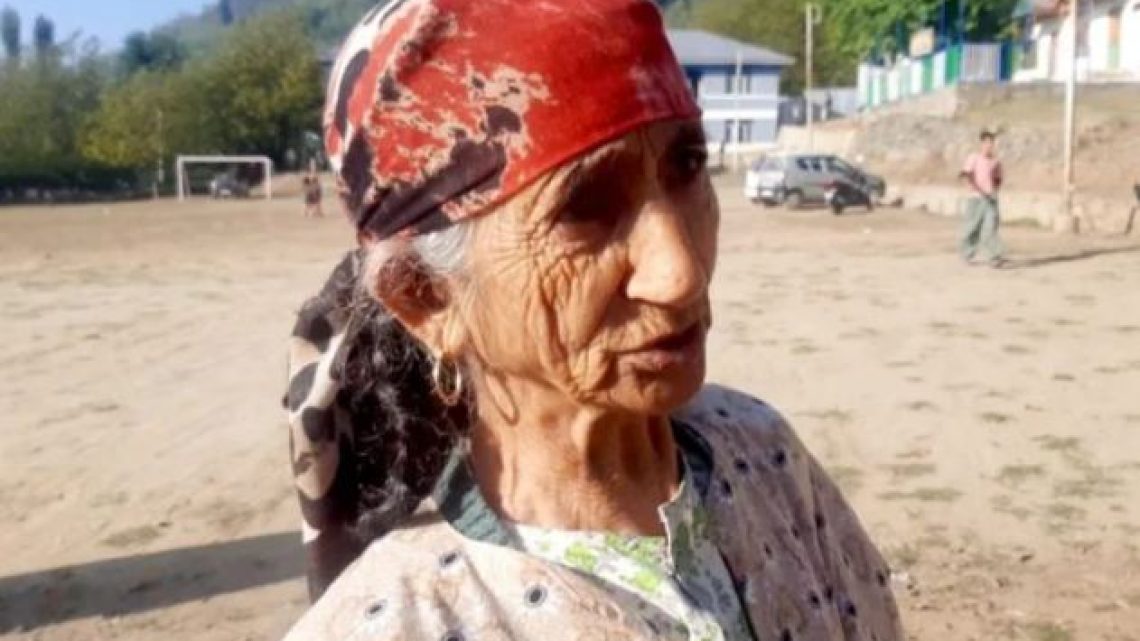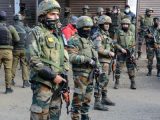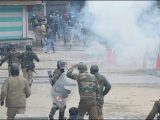
A Kashmiri Mother’s Tale of Agony Exposes IIOJK Election Facade
October 2, 2024In an emotional instant during the final phase of assembly elections in Indian illegally occupied Jammu and Kashmir (IIOJK), a sorrowful mother has shed light on the grim reality of the electoral process held under Modi-regime’s election facade.
A 75-year-old woman, Bibi Begum, made an emotional entreaty for her son’s release from prison while at a polling station in Sagipora, Baramulla district. Her heartfelt story captured the attention of voters and onlookers alike.
Begum shared her struggles, revealing that her son has been imprisoned for three years. She is left to care for a paralyzed son and another who barely makes ends meet as a laborer.
With impaired vision and no one to advocate for her son, Begum implored fellow voters—who also share the burden of hardship—to help her bring her son home. “I voted today so that my voice is heard, and my son can be freed,” she said, her voice trembling with emotion.
Despite Narendra Modi’s claims of successful elections in the region, Begum’s plea starkly contrasts with the narrative of democratic participation. Her situation highlights the disconnect between the electoral process and the daily realities faced by Kashmiris.
Begum’s story resonated with many in IIOJK, who seek solutions to pressing issues like economic hardship and rising unemployment. Frustrations over soaring power tariffs and inadequate basic amenities are widespread, fueling discontent.
Ghulam Qadir, a 45-year-old shopkeeper from Sopore, expressed his sentiments: “I’m voting to end these economic hardships. The power bills are crippling us, and we need change.” His statement reflects the desperation felt by many in the region.
Young people, too, are voicing concerns about unemployment and the gap between promises made by leaders and the harsh reality they experience. Fayaz Ahmed Khoja, 27, from Langate, lamented, “We have degrees, but no jobs.” This statement underscores the growing frustration among the youth.
The association of Bibi Begum’s emotional appeal against the backdrop of the elections reveals the prevailing issues in IIOJK. The electoral process appears superficial when compared with the struggles of ordinary citizens.
Bibi Begum’s heartfelt call highlights the disconnect between the fake electoral narrative by India and the lived experiences of Kashmiris. As the region deals with significant socio-economic challenges, the call for meaningful change grows louder, demanding the attention of both local and international communities.

